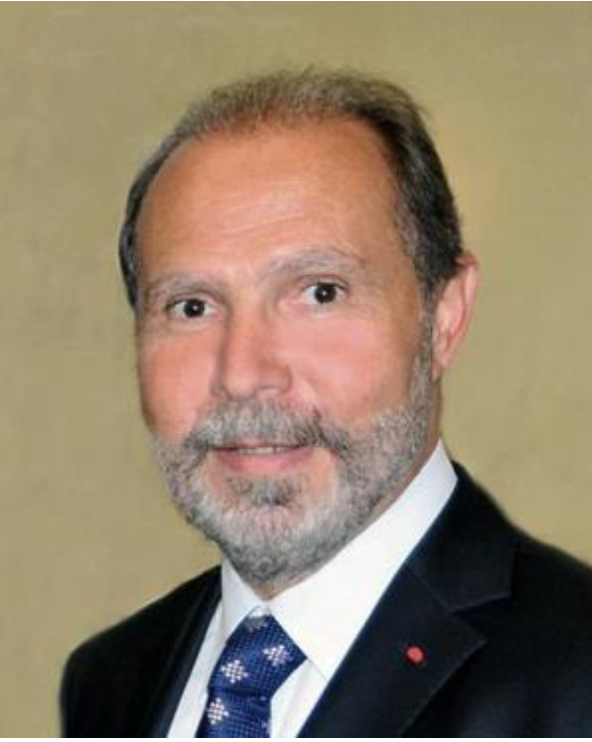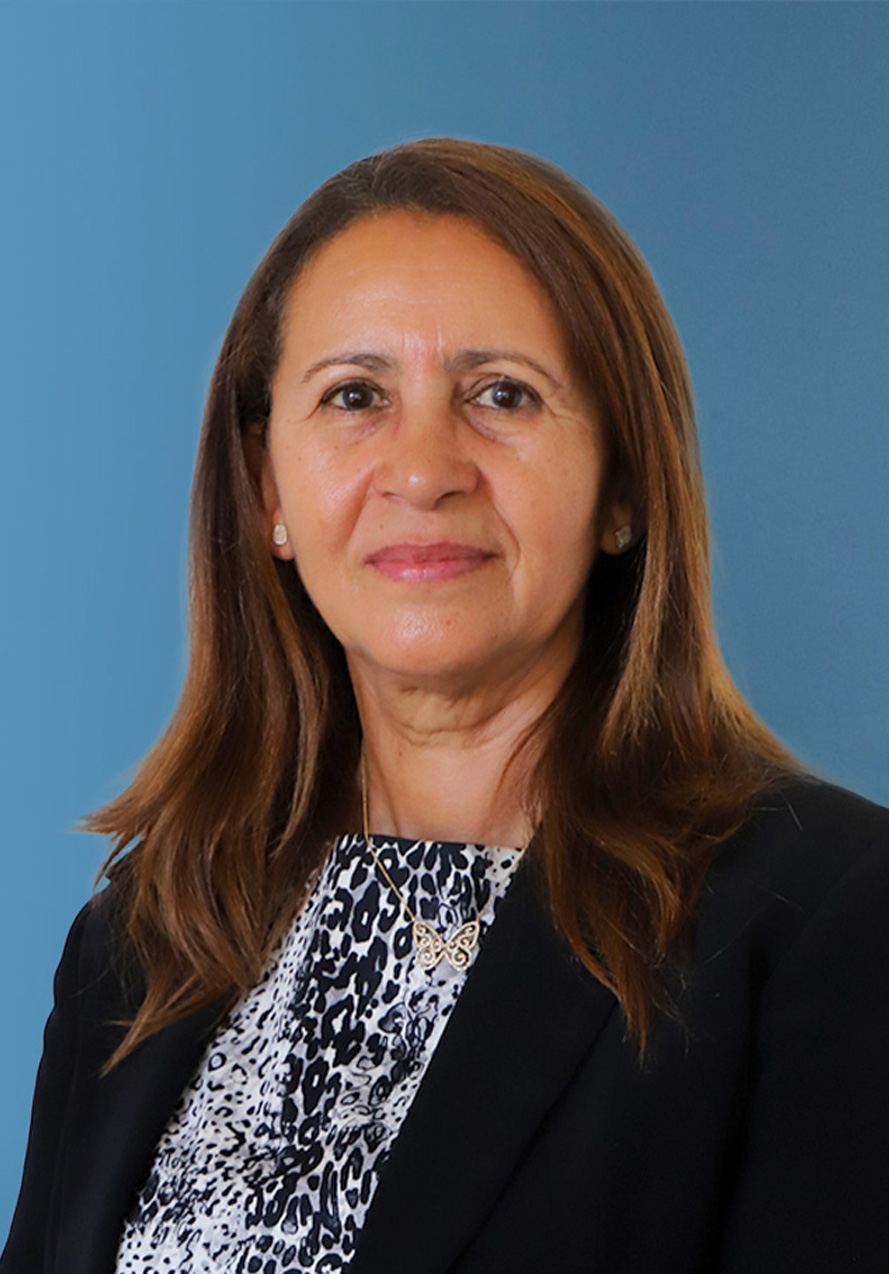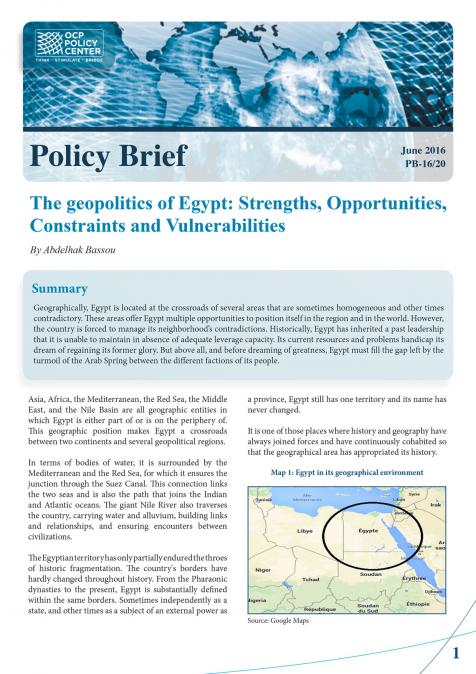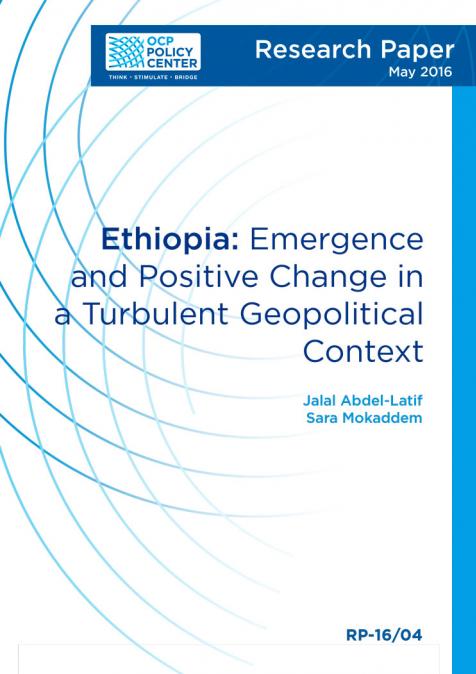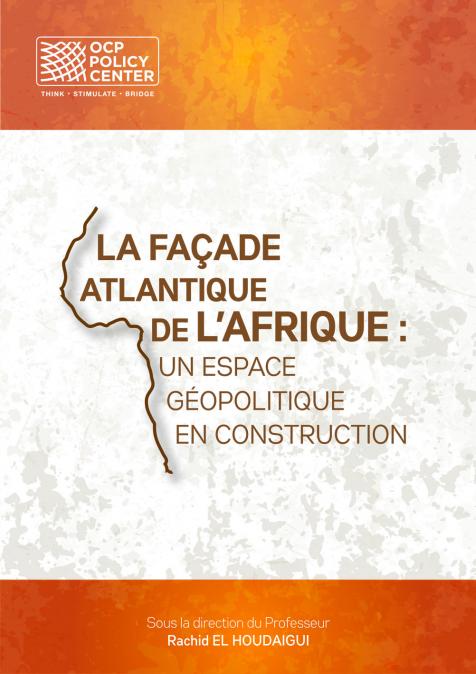Dialogues Stratégiques 10ème édition - Session I : Les Rivalités de Puissance en Afrique
-Depuis 2016, le Policy Center for the New South et le Centre HEC de Géopolitique organisent chaque année deux éditions des « Dialogues Stratégiques ». Cette plateforme d’analyse et d’échange réunit des experts, des chercheurs provenant de différents think-tanks et du monde académique, des praticiens, ainsi que des décideurs politiques pour débattre des grandes questions géopolitiques et sécuritaires à l’échelle internationale, ainsi que des problématiques d’importance commune à la fois pour l’Europe et l’Afrique. Le cycle de séminaires a pour vocation d’offrir un environnement orienté vers les politiques publiques « policy-oriented », où les panélistes se réunissent dans un cadre interactif et constructif pour confronter et enrichir leurs analyses respectives. Cette collaboration est issue du partenariat tissé entre les deux centres de réflexion, en vue de favoriser le dialogue scientifique et multidisciplinaire et de contribuer à la production d’analyses pertinentes sur des problématiques majeures. Dans la perspective de partager les fruits des échanges menés lors des séminaires avec les participants et les parties prenantes intéressées, les discussions et échanges font l’objet de « Policy Papers » qui sont regroupés au sein d’une publication conjointe. Format Les Dialogues Stratégiques sont des séminaires s’étalant sur une journée entière lors desquels décideurs et experts échangent avec une audience de chercheurs établis et de praticiens autour d’une question portant sur un enjeu global et une problématique d’intérêt régional. Cette dixième édition des Dialogues Stratégiques se tiendra le 04 Mai 2021 et s’insère dans la continuité de la collaboration fructueuse entre les deux centres. Les discussions porteront sur : 1) Les Rivalités de Puissance en Afrique et 2) L’Afrique face au Terrorisme. Brief Session 1 : Les Rivalités de Puissance en Afrique Les rivalités de puissance constituent l'un des éléments les plus importants de la politique mondiale. Si les études sur les guerres, les crises et les différends sont courantes sur la scène internationale, l’appréhension des événements violents a pris du temps à refléter qu’il s’agit en effet d’un résultat de relations conflictuelles prolongées. Plutôt que de se concentrer uniquement sur les querelles interétatiques, il serait judicieux d’examiner leurs antécédents et considérer les rivalités comme des processus continus. La rivalité des grandes puissances, combinée aux clivages régionaux déjà existants, pourrait avoir une incidence négative sur la stabilité du continent. De plus, avec la situation politique et économique actuelle amplifiée par les effets du COVID-19, les rivalités entre grandes puissances peuvent ralentir à court terme, mais à plus long terme, la compétition entre les États-Unis, la Chine et la Russie pourrait s'intensifier étant donné la rhétorique conflictuelle de ces puissances et les tendances nationalistes amplifiées par la pandémie. 08h45 –09h00 Mots d’ouverture Karim El Aynaoui, Président Exécutif, Policy Center for the New South Pascal Chaigneau, Directeur du Centre HEC de Géopolitique 09h00 –10h30 Session I : Les Rivalités de Puissance en Afrique Panel 1 - Géopolitique des rivalités de puissance en Afrique : Intérêts et Priorités Modératrice: Nouzha Chekrouni, Senior Fellow, Policy Center for the New South Intervenants: - Les Stratégies de puissances en Afrique (15 min) Pascal Chaigneau, Directeur du Centre HEC de Géopolitique - Quand le Moyen Orient s’invite en Afrique (15 min) Khalid Chegraoui, Senior Fellow, Policy Center for the New South - Le retour de la Russie sur le champ africain (15 min) Ambassadeur Eugène Berg, Chercheur, Centre HEC de Géopolitique - La politique africaine de Narendra Modi (15 min) Rodolphe Monnet, Expert Inde du Centre HEC de Géopolitique Discussion (30 min) 10h30 –12h00 Panel 2 - Entre puissances émergentes et puissances traditionnelles : Quel rapport de force entre les acteurs internationaux en Afrique ? Modérateur: Pascal Chaigneau, Directeur du Centre HEC de Géopolitique Intervenants: - Le Soft Power Indien à la conquête de l’Afrique (15 min) Mohammed Loulichki, Senior Fellow, Policy Center for the New South - La nouvelle physionomie de la stratégie chinoise en Afrique (15 min) Jacques Gravereau, Président d'Honneur, HEC Eurasia Institute - Le rôle de la Turquie en Afrique (15 min) Larabi Jaidi, Senior Fellow, Policy Center for the New South - L'équipe et la vision africanistes du Président Biden (15 min) Jérémy Ghez, Chercheur, Centre HEC de Géopolitique Discussion (30 min)

